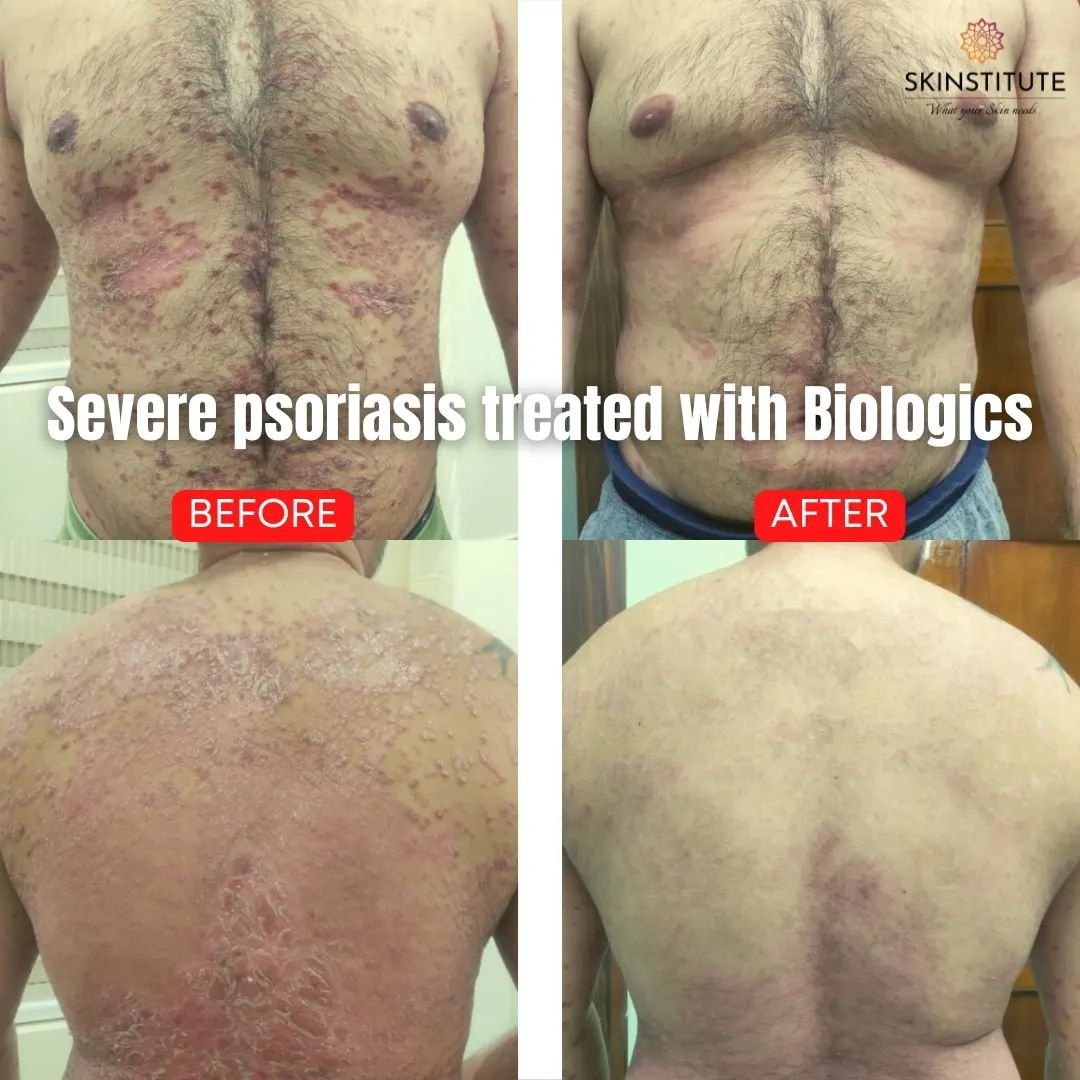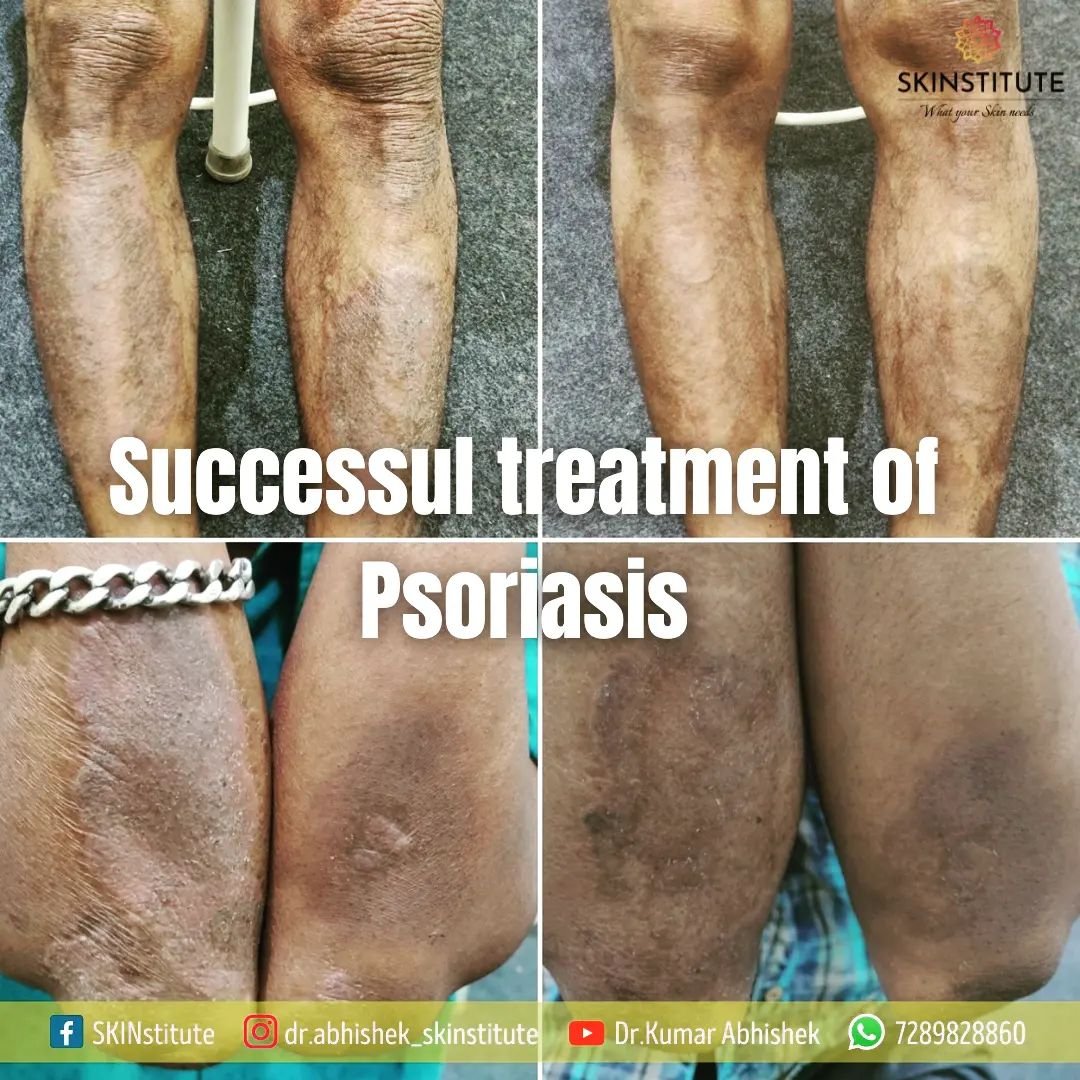- +91 7289828860
- contactwithskinstitute@gmail.com
- Nayapalli, Bhubaneswar-751015
- Home
- About Us
- Services
- Aesthetic Treatments in Bhubaneswar
- Botox Treatment
- Microbotox Treatment
- Hydrafacial Treatment
- Dark Circle Treatment
- Glutathione Treatment
- Thread Lift
- Vampire Lift
- Platelet Rich Plasma
- Chemical Peeling Treatment
- Micro Needling Treatment
- Low Level Laser Therapy With Face Mask
- Double Chin Reduction
- Dermal Fillers
- Exosomes Treatment
- Skin Booster Treatment
- Dermatosurgery Services in Bhubaneswar
- Clinical Dermatology
- Laser Skin Treatments in Bhubaneswar
- Trichology
- Venereology Treatment In Bhubaneswar
- Aesthetic Treatments in Bhubaneswar
- Gallery
- Blog
- Testimonials
- Home
- About Us
- Services
- Aesthetic Treatments in Bhubaneswar
- Botox Treatment
- Microbotox Treatment
- Hydrafacial Treatment
- Dark Circle Treatment
- Glutathione Treatment
- Thread Lift
- Vampire Lift
- Platelet Rich Plasma
- Chemical Peeling Treatment
- Micro Needling Treatment
- Low Level Laser Therapy With Face Mask
- Double Chin Reduction
- Dermal Fillers
- Exosomes Treatment
- Skin Booster Treatment
- Dermatosurgery Services in Bhubaneswar
- Clinical Dermatology
- Laser Skin Treatments in Bhubaneswar
- Trichology
- Venereology Treatment In Bhubaneswar
- Gallery
- Blog
- Testimonials
CONTACT US
- +91 7289828860
- Nayapalli, Bhubaneswar-751015
- contact@theskinstitute.in
The fast overproduction of skin cells that causes thick, red, scaly patches to grow on the skin’s surface is the hallmark of psoriasis, a persistent autoimmune skin disorder. Although these so-called plaques can appear anywhere on the body, the elbows, knees, scalp, lower back, and nails are the most typical places to find them.
Common Presentation: The typical presentation of psoriasis includes:
1. Red patches of skin:
These spots can hurt or itch and are frequently covered in silvery scales.
2. Thickened or pitted nails:
Psoriasis can cause pitting, which is characterized by tiny dents or holes the size of pinpricks, discolouration, or detachment from the nail bed.
3. Joint pain and swelling:
Psoriatic arthritis, a disorder that causes pain, stiffness, and swelling in the joints, can sometimes result from psoriasis that also affects the joints.
Treatment Options:
1. Topical treatments:
These are applied directly to the skin and include corticosteroids, retinoids, vitamin D analogs, and calcineurin inhibitors. Their goals are to reduce inflammation, slow down the proliferation of skin cells, and relieve symptoms.
2. Phototherapy:
Often known as light therapy, is a medically supervised process that exposes the skin to ultraviolet (UV) radiation with the goal of reducing inflammation, slowing down skin cell proliferation, and improving psoriasis symptoms.
3. Systemic drugs:
Oral or injectable drugs such as methotrexate, cyclosporine, retinoids, or biologics may be recommended to suppress the immune system and reduce inflammation in moderate-to-severe instances of psoriasis that do not respond to topical therapies or light therapy.
4. Lifestyle Modifications:
Psoriasis symptoms can be managed and flare-ups lessened by adopting specific lifestyle modifications, such as avoiding triggers (such as stress, certain drugs, infections, or skin injuries), eating a nutritious diet, managing stress, and abstaining from smoking and excessive alcohol use.
5. Moisturizers and Emollients:
Frequent hydration of the skin can help relieve psoriasis-related dryness, itching, and irritation while also enhancing the general comfort and health of the skin.
It’s important for individuals with psoriasis to work closely with a dermatologist to develop a personalized treatment plan tailored to their specific needs and symptoms. While there is no cure for psoriasis, various treatment options can help control symptoms, reduce flare-ups, and improve overall quality of life.






